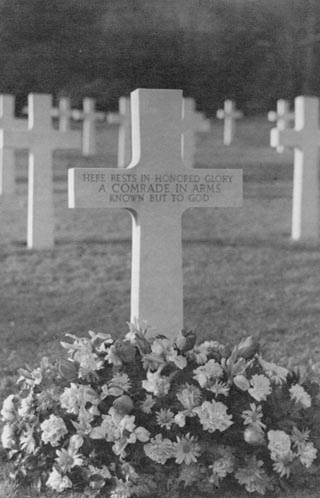MARA LIASSON: [T]he U.S. wants the European and other NATO countries to pony up more. That's, I think, been a perennial problem. You and I have covered a lot of summits where the Europeans talk big, they want to be a counterweight to the United States, but as you heard Nick Burns just say, they're not willing to spend the proportion of their GDP on defense the way we do.
MORT KONDRACKE: The United States spends about 3.8 percent of GDP on defense, the whole rest of NATO spends 1.9 percent. . . . And our friends, the French, you know, have specifically refused to get involved in Afghanistan. They've got 20,000 men that they have on standby duty for use someplace, and when they were asked specifically to join up and go help out in Afghanistan, they said, "No, we're going to hold these back in case they're needed in Kosovo." You know, typically French.
BARNES: [T]he Germans, the Italians and the Spanish, even when they come, they have a rule. No combat. They don't want to fight. So it's left to the Americans, the Canadians, and the Dutch, actually, are pretty good. And then the Australians, who aren't even members of NATO are the ones who are actually doing the fighting. And the Canadians have lost 34 soldiers in recent months, so they've really done a good job.
Look, the Europeans have been free-riders now for 60 years. It's going to are hard to get them off the dole, it really is. And it'll almost be small amounts of money, percentage-wise. [bold from NRO]
OK, I know I'm immediately endangering any credibility I may have with many because this comes from FOX (evil evil evil) via NRO (evil evil evil), but frankly, I don't care. So what if these observations were made on FOX, the comments all ring true to me and it's not like it's the first time similar points have been made (here, here, here). However, the wonderful succinctness of the above is that we have someone from Left (Liasson), Middle (Kondracke) and Right (Barnes) all agreeing that "Europe"--that generalized group of nations that is comprised mostly of the Cold War "west"--talks big and carries a twig.
Not all of them, to be sure, but too many of them.
